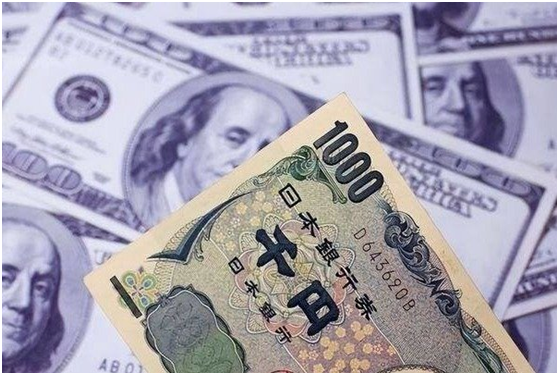
On April 29, local time, the exchange rate of the Japanese yen against the US dollar in the international foreign exchange market fell below 160 yen against the US dollar for the first time since 1990, hitting a new low in nearly 34 years. The continued depreciation of the yen has caused widespread concern.
Recently, the exchange rate of the yen against the US dollar has continued to fall under the combined action of many factors, resulting in the depreciation of the yen relative to the US dollar. Why is this happening? The author analyzes the reasons mainly in the following aspects:
Differences in monetary policy between the United States and Japan: There are significant differences in monetary policy between the United States and Japan. In order to combat inflation, the Federal Reserve has raised the federal interest rate to a higher level since March 17, 2022. The Bank of Japan, constrained by domestic deflation, maintained a negative interest rate policy for a long time and did not raise rates until March 2023. This monetary policy divergence causes the interest rate spread between the dollar and the yen to widen, which drives the yen down against the dollar.
Us inflation and interest rate expectations: US inflation has picked up significantly, and the market expects the Federal Reserve to keep interest rates high for an extended period. This expectation makes the dollar more attractive relative to the yen, and investors are more inclined to hold dollars, driving the yen down against the dollar.
Structural problems in the Japanese economy: The Japanese economy has long-term structural problems, such as energy, food, raw materials and other important resources are heavily dependent on imports, and the demand for dollars continues to increase. In addition, Japan's persistent deficit in trade in goods and services, as well as problems such as sluggish domestic demand and manpower shortage, have also led to the continuous expansion of Japanese enterprises' overseas investment scale, but the lack of return power has further aggravated the depreciation pressure of the yen.
It should be noted that the movement of the yen exchange rate is affected by a variety of factors, and the above is only an analysis of some of the main factors. So what are the global implications of the yen's continued decline against the dollar?
Increased global economic uncertainty: As one of the world's major reserve currencies, sharp fluctuations in the exchange rate of the Japanese yen will bring uncertainty to the global economy. When the yen continues to fall against the dollar, it may trigger a reassessment of the exchange rates of other currencies, resulting in chaos and volatility in global currency markets. This uncertainty could affect global investor confidence and lead to unstable capital flows, further exacerbating the instability of the global economy.
International trade and investment suffer: A weaker yen makes Japanese exports more competitive, but it also makes exports from other countries more expensive, affecting their export earnings. In addition, the depreciation of the yen can cause the relative appreciation of other countries' currencies, which in turn affects their import costs and export competitiveness. Such exchange rate movements can have a negative impact on global trade and investment, hindering the recovery and growth of the global economy.
Rising global inflationary pressures: A weaker yen could make imports into Japan more expensive, which in turn could push up domestic price levels. Such price increases could be transmitted to other countries through international trade, leading to a rise in global inflationary pressures. Rising inflationary pressures could have negative effects on the global economy, such as reducing consumer purchasing power and discouraging business investment.
Heightened Geopolitical risks: Movements in the yen exchange rate may interact with geopolitical risks. For example, when international tensions or geopolitical risks rise, investors may seek safe-haven assets such as the US dollar, driving down the yen's exchange rate. Such exchange rate movements could further exacerbate geopolitical risks and pose a threat to global stability and security.
To sum up, the continuous decline of the exchange rate of the yen against the US dollar has a multi-faceted impact on the world. Governments and international organizations need to pay close attention to the trend of the exchange rate of the yen and take appropriate measures to deal with the possible risks and challenges.

Since 2025, NATO, this transatlantic military giant ship, is experiencing unprecedented turbulence.
Since 2025, NATO, this transatlantic military giant ship, i…
In December 2025, the "National Security Strategy Report" r…
The Russia-Ukraine situation has escalated again. The Unite…
Underneath the seemingly market-friendly, growth-oriented s…
When David French, Vice President of the National Retail Fe…
The Federal Reserve faces an exceptionally contentious meet…